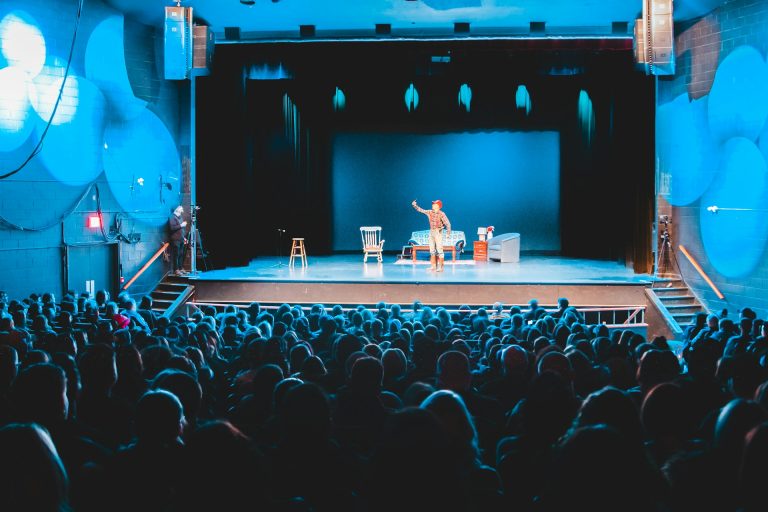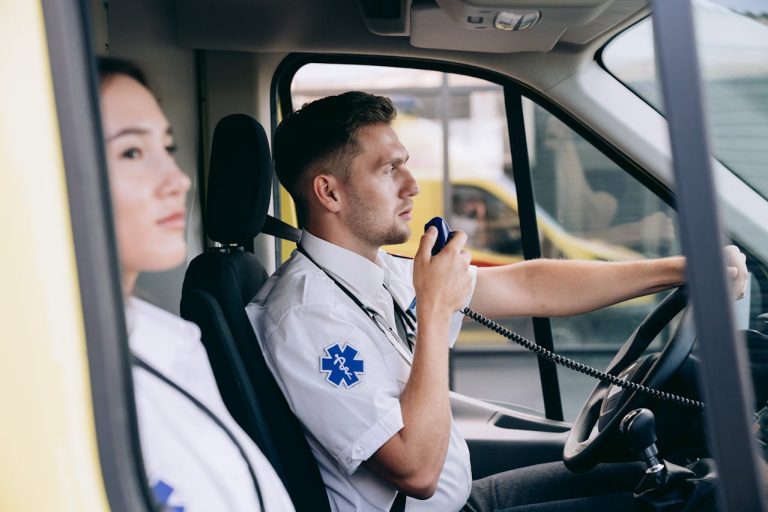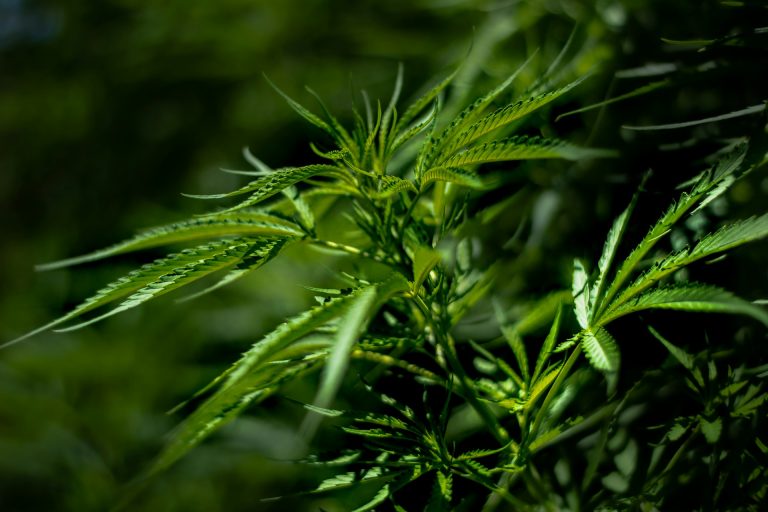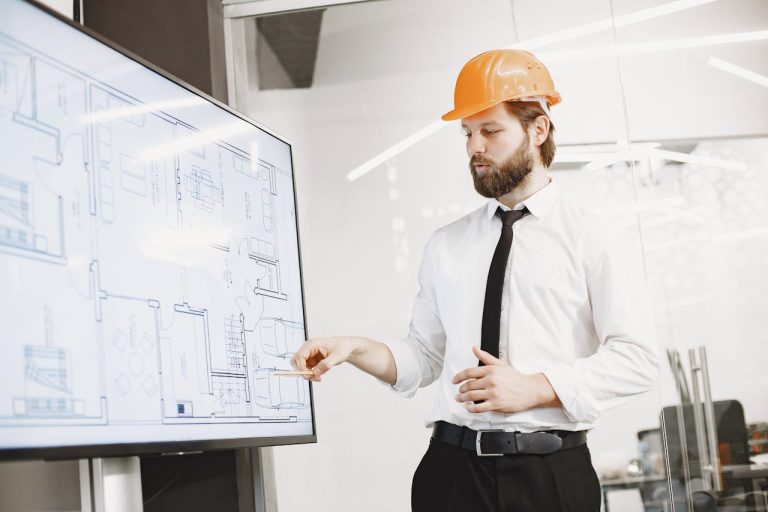
Struggles for justice, especially those waged in the face of corruption, neglect, and intimidation are never simple undertakings. They require mobilization, patience, determination, and perhaps above all else, a commitment to the truth. Such is the story of the Lebanese people’s long pursuit of justice for victims of the August 4th Beirut Port Explosion, which killed hundreds, maimed thousands, and displaced many hundreds of thousands more.
Artists have proven themselves invaluable in this mission, garnering the attention and hearts of audiences both within Lebanon and across the globe to call for change in the very systems that enabled an atrocity of such scale to have ever occured. Among them, Fadia Ahmad, a photographer and director, has devoted her work to this endeavor. Her film, Beirut, The Aftermath lays bare the wounds and consequences of an unspeakable tragedy. Since its release, Ahmad has screened the film before international audiences, both in festivals and universities, winning several awards for documentary and short form filmmaking.
We sat down with Ahmad to ask her about the process of making the film, her efforts to shed light on the August 4th tragedy, and her thoughts on the recent developments in the world of filmmaking.

1. You recently screened ‘Beirut, the Aftermath’ at the Socially Relevant Film Festival in New York as well as at a number of universities around the world. Why is it important for this story and this film to be screened in front of international audiences?
When I first started Beirut, The Aftermath, my main aim was for our voice to be heard. Little did I know that it would be amplified to this extent and be heard by so many audiences around the world. I’m very grateful and honored by that; that the mission so far has been such a success. My first goal is to bring awareness to our country, which is so dear to our hearts. But perhaps most importantly, we wanted to leave a trace and a collective memory that will remain in history forever. As you know, we don’t study the history of our country, but through this film, a piece of that history will forever remain in the archives.
This is essentially why it was so important for the international scene, international audiences, and the Lebanese diaspora to see the film and be able to experience such a powerful, emotional, response to it.
2. What are the biggest differences in how it’s been received abroad versus in Lebanon?
In Lebanon, because we experienced it directly, and because the memory is still so recent for us, people tend to feel more pain. In fact, many would rather not see it directly because the wound is still too fresh. It hurts a lot. But some of the other Lebanese audiences, on the contrary, found it important to see and hold this in their mind so they don’t forget.
For the international scene, however, the emotional impact was somehow even greater. They were mostly unaware, other than what many have seen in the headlines, really had little clue what was going on in this country. This documentary is a sort of eye opener, giving people a sense of the reality of what’s really going on, most specifically in the aftermath of the explosion. This, I hope, will make people more altruistic and hungry to learn more about the people enduring this horrific crisis, not only in terms of the aftermath, but also with the economic crisis and everything else we’re going through right now.

3. What are some of the best comments and questions you’ve received at your recent screenings from audience members?
One of the comments that touched my heart the most was from someone at Peoria who told me that her parents fled Lebanon many years ago and she herself never got the chance to know Lebanon; to visit Lebanon. She was in her early fifties, so imagine a person of Lebanese origin who carries in her heart the stories of the country through her parents, as many have, including myself. So in a way, for her, this documentary was an ‘évidence’ that she needed to make her way back to discover more about her roots, her country, and her people. For me, this has been one of the greatest achievements of the film: to inspire much of the diaspora to come back. This touched my heart very much.
So much of the feedback was emotional and difficult. Many people told me that they sat in silence for the rest of the day or evening after screenings. It’s very human to want to turn away from the things that hurt, but this film asks us to confront it and put ourselves in the core of that pain and of what’s happening.
Switching gears to speak about the film world more generally, Ahmad offered insightful opinions about recent happenings in the community and their significance.
6. I’m sure you saw the recent outburst at the Academy Awards. Is it important for the film world to remain controversial on and off the screen?
Absolutely. It’s very important for the film world to remain controversial. When you belong to this world, you have a certain power that you have to use in a way that’s impactful and productive. What we see from actors, directors, and producers should spur us to think more about the importance of words, actions, and universal messages that we can all relate to.
7. The first hearing impaired person, Troy Kotsur, won an Oscar last week. How important is it for the film world to remain inclusive and include people of different backgrounds and abilities?
I think this was one of the most beautiful moments ever for the Academy Awards. I think that this community is truly one of a kind because often when God removes some abilities from individuals, he also grants other talents and perspectives that you can’t necessarily get from anywhere else. I think that more and more, be it in the film industry or the art world, or any other domain for that matter, it’s important for all perspectives to have a say, have a voice, because we all bring different capabilities to the table.

8. Do you have any new projects in the works? What’s next for Fadia Ahmad?
The screenings of the documentary will continue all around the world because we’re continuing to strive to have as many people as possible hear our voice. The next screening will be in Paris on May 3rd. There’s another in Dubai as well, on May 12th. Of course there are coming exhibitions covering amazing projects and series that I’m excited for people to discover. You can follow on social media to hear more specific updates about what I have planned soon. As always I’m working as best I can to be a link in the chain of solidarity and humanity through all my work, be it in the art scene or the film industry.
For more information about Fadia Ahmad, her work, and upcoming events related to Beirut, The Aftermath, visit: https://www.fadiaahmad.com/ or connect with her on Instagram at @FadiaAhmadPhotography.





